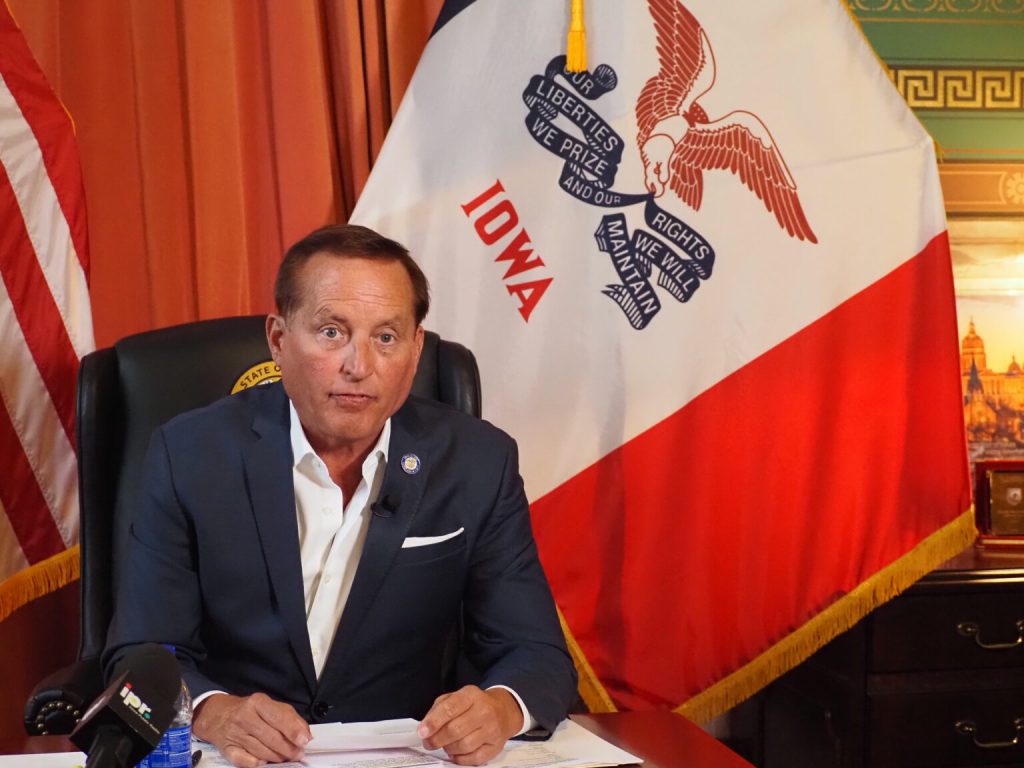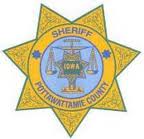The Iowa State Board of Canvass certified results from the 2024 general election Monday, finalizing results in races across the state. The Iowa Capital Dispatch says the board, consisting of Iowa Secretary of State Paul Pate, Gov. Kim Reynolds, Treasurer Roby Smith, Secretary of Agriculture Mike Naig and Auditor Rob Sand, met virtually Monday. For all results outside of the presidential election, the board’s certification is the final step to make results from the Nov. 5 contests official as county boards of supervisors certified election results and the requested recounts in the weeks following the election.
Iowa’s six electors will meet Dec. 17 at the Iowa State Capitol to cast their votes for President-elect Donald Trump and Vice President-elect J.D. Vance, and results from the presidential race will be certified by Congress Jan. 6, 2025.
Pate told reporters Monday that 74.1% of registered Iowa voters cast their ballots in the 2024 election — a total of 1,674,011 ballots cast. This turnout was roughly in line with previous presidential election cycles, he said, but noted that there was a change in party absentee and early voting participation in 2024 compared to previous years.

Iowa Secretary of State Paul Pate spoke with reporters in his office at the Iowa State Capitol Dec. 2, 2024 after he met virtually with other members of the Iowa State Board of Canvass to certify the results of the 2024 general election. (Photo by Robin Opsahl/Iowa Capital Dispatch)
According to Pate, a total of 268,629 registered Republicans voted early this year, more than the 257,634 Democrats who voted early. While Democrats historically have an edge in early and absentee voting, Pate said part of the shift to higher GOP participation this year was part of a deliberate push by GOP leadership to encourage voting prior to Election Day.
Pate called the high participation on and before Election Day “very impressive and significant,” thanking county auditors, election workers and volunteers for their work. He also thanked state lawmakers for recent changes to election law that helped make recount processes run more smoothly than previous years.
The recount process in Iowa’s 1st Congressional District, where U.S. Rep. Mariannette Miller-Meeks won by 798 votes against Democrat Christina Bohannan, was conducted more quickly than previous recounts in the 1st Congressional District, he said. He said that was due in part to changes to Iowa Code and because of new guidance issued by his office calling for county auditors to avoid “hybrid” recounts, and either recount ballots either fully by hand or by tabulator machine.
The secretary of state said he plans to make requests to the state Legislature in 2025 that would require counties follow a uniform process, which Pate said would further speed up results. Additionally, Pate said he is in talks with lawmakers to take action on non-citizen voting in the upcoming legislative session. Pate’s guidance to county auditors in late October to challenge the ballots of more than 2,000 Iowans listed as potential non-citizens was upheld by a federal judge days before the general election.
Groups including the ACLU and the League of United Latin American Citizens said the measure intimidated immigrants who were legally able to participate in elections as naturalized citizens. But Pate argued that the measure was necessary because the federal U.S. Citizenship and Immigration Services office would not share access to the Systematic Alien Verification for Entitlements (SAVE) database for the Iowa Secretary of State’s office to confirm the citizenship status of the individuals listed. The 2,000 people identified as potential noncitizens were people who identified themselves to the Iowa Department of Transportation or other government entities as noncitizens in the past 12 years, who later registered to vote or voted.








